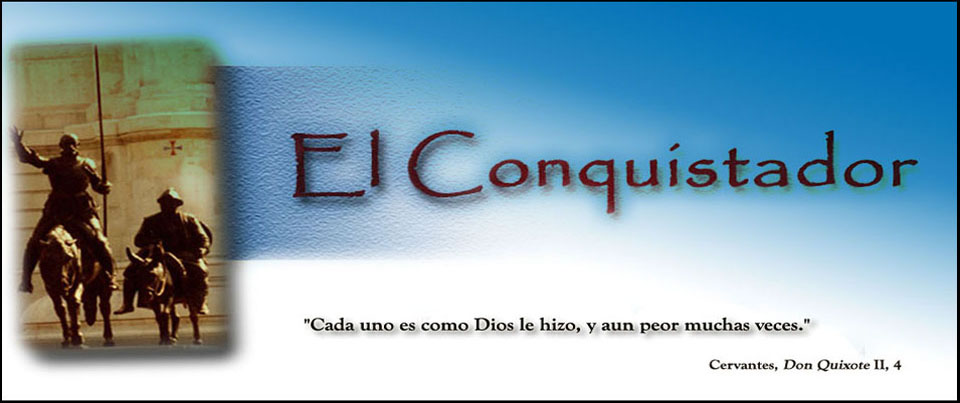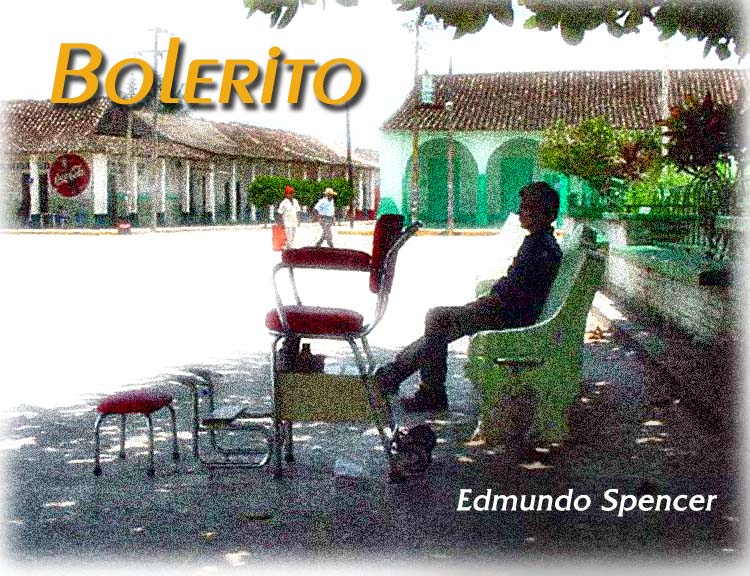Bootblack
Little money and even less hope—
A Dickensian story of a young Mexican boy,
who worked on the street as a bootblack—
![]()
The little bootblack has permission from some bar owners to look for customers within the bars, such as Mr. Munoz, owner of the Nevada bar, or Mr. Jose Rodriguez, owner of Los Compardres , or Mr. Gonzalo Munoz, owner of El Torreo. He is very aware that this is not a good idea because minors are not permitted in bars, and also because of the fights that erupt with no warning at all. Fights among adult men are ugly because he can easily see that the intent is to kill. Indeed, he has witnessed not a few of those fights, and for sure, he doesn’t like the feeling he experienced. He remembers with fear the day in which one man was killed in the Nevada Bar. He had been there only a few minutes before it happened. Mix feelings run through his mind: he would have liked to have seen that man lying on the floor with a bullet in his head, but… no… he had better not. Police officers are one of his big problems, too. Every time he sees one of them, he has to run away and hide because, in a way, he is obliged to shine their shoes for free, and beside he must pay three pesos a month for permission to work on the streets. Three pesos go directly into the pocket of the police with no receipt at all. Besides, how can he prove that he has already paid for the month? That situation angers him, but what can a little boy can do against City Hall? His only alternative is to hide, and that is what he does, whenever he can— “Dodge the blue ones.”
During the school months, the bootblack works only on weekends. Sometimes he makes relatively good money when customers tip well. He has two ‘gringo’ customers and either he looks for them every Saturday, or they look for him. He charges each a nickel but the gringos each pay him a quarter; that’s three pesos per quarter, which is not bad. With that kind of money he happily goes home and gives the quarters to his mother so she can buy food. The bootblack charges Mexicans twenty-five centavos (about half a nickel) plus tips, of course, which he never asks. Oh, he loves to talk to his customers, and by chance he discovered that talk is good for his business. He is an excellent storyteller. He talks about whatever happened at school, and if nothing important happened during the week, he is very capable of inventing beautiful stories. He has a large imagination, and seemingly his customers like the stories he tells. Like the many unending stories he weaves, he has many customers.
“How do you know so many stories?” – a customer asks.
“Because I read,” the bootblack answers. “ I read every thing that comes into my hands. The more you read, the more you learn. Have you ever read The Mysterious Island by Jules Verne, or From Apennines to Andes by Edmundo de Amicis?”
Another aspect his business is going house to house, offering his services. The idea sprung up in his mind one day as he saw a lady coming out of a grocery store with two baskets hanging from her arms. He realized that her shoes were a little faded and he decided to do something that the rest of the bootblacks don’t do. He approached the lady, “Madam, if you will allow, I’ll help with those baskets; you don’t have to pay me, just let me shine your shoes for twenty-five centavos. I’ll do it at your home, and I promise not to dirty the floor.”
That was the beginning of a new way to expand his business. For sure, it was a brilliant idea, because not only did he get paid for his work, but also because sometimes he was rewarded with a cup of coffee, or a good glass of milk and sweet bread, or even a good bean taco. His only regret is that he can’t do it every day, only every two or three weeks.
When he gets there, the bootblack realizes, that it’s not going to be easy. The store’s door is not open yet, and there are big bunch of people piled up right at the door in a very disorderly way: pushing against each other, yelling, screaming and cursing like crazy people. Even so, he decides to give it a try. He places his back to the wall and starts pushing people away as hard as he can. Besides resisting their pushing and shoving, he has to stand the stench of half -drunk men. For a moment he feels like getting out of there, but it is too late, more people have arrived and now the pile is even bigger. He keeps pushing till he makes it to the door. Fortunately, the door opens at that very moment, and he is the first to get inside. His face is tears wet. The owner of the store shakes his head and gives him two bags. “Here,” he says, “Next year, come the day after Christmas.” The bootblack leaves through the back door and runs to his house, happy because he has something to share with his family.
That same day, in the afternoon, the little bootblack took a good bath, combed his hair the best he could, and hung his box to his shoulder and went to the square hoping to make a few pesos. He wore the shirt he liked most, the one with red, white and black stripes. His old trousers are torn and patched on the knees, as a result of playing marbles at school recess. His walk is fast, as if he were in a hurry. He knows that the day goes by fast, and his family urgently needs money. The square is full of people, and he notices that every body is looking toward the church.
“What’s going on?” he asks to no one in particular.
“They are giving Christmas presents to children, – a woman’s voice answers.
Rightly so, he could see a long line of children from all ages right at the entrance of the church; some were so small that their mothers were with them. The bootblack forgot about his work, walked across the street and got in line.
“Another peanuts bag is not bad,” he thought.
Suddenly he felt that someone grab his shoulder, pulling him out of the line, tearing his shirt. “You never come to Sunday’s school. You shouldn’t be here!”shouted one of the teachers, a young girl.
Ashamed and worried, the bootblack crossed the street and sat on the curb. A tall and skinny man came out of the church. He was wearing a black cassock with a red collar, and a little cap on his head, red, too. His walking was slow. Some women interrupted his pace and kissed his hand. The bootblack stood up and waited till the man with the cassock approached him.
“So what, you want me to shine your shoes?”
The tall man ignored the question. “How came you are not in the line?” he asked with an authoritarian voice. “Don’t you want a peanuts bag?”
“I was there,” the bootblack answered, trying to use the same tone in his voice, “but one of those girls pulled me out of the line and tore my shirt. Look. She argued that I never come to Sunday’s school, and she is right, but the problem is that I work on weekends. Now I am afraid to go home because my mother is going to hit me with a belt because of my torn shirt.”
He tried to keep talking; he needed to, but the man turned his back on him and went back into the church. The little bootblack hung his box on his shoulder and went home with an anguished feeling drawn across his face. “Christmas present,” he said. “Bah!”
Leave a Reply
You must be logged in to post a comment.
Traction Theme by The Theme Foundry
Copyright © 2024 Copy © 2010 - 2013, ElConquistador.org All Rights Reserved. All rights reserved.

